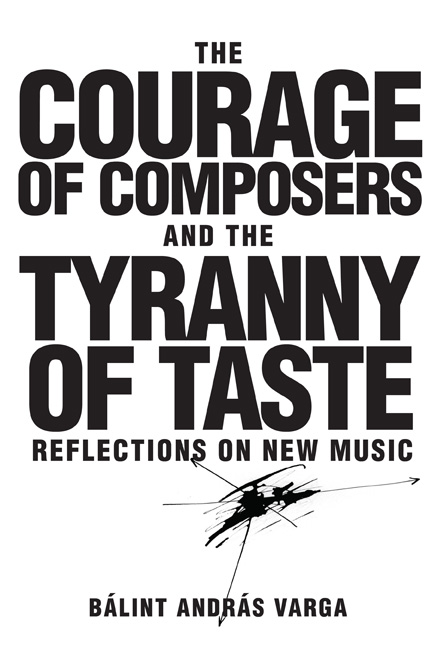36 - Arnold Whittall (b. 1935)
Published online by Cambridge University Press: 22 May 2021
Summary
It is curiously schizophrenic to be writing about a critic who has published critiques of my own books in the past. I do not mind admitting that I was rather overwhelmed by his detailed scholarly dissection of my Conversations with Xenakis (published by Faber and Faber in 1996). It was obvious that my way of interviewing was found wanting. Another book of mine, Three Questions for Sixty-Five Composers (University of Rochester Press, 2011), fared rather better.
In fact, the publisher noted with palpable relief that this time Arnold Whittall was more positive in his judgment than he was known to be.
And now here I am, writing what must needs be a sketchy portrait of the man. But the Arnold Whittall I have gotten to know through our correspondence over the past years is rather different from the severe critic one encounters in his writings. He may set extremely high standards in his own works (he has published a number of books), his reviews, and his teaching (he is professor emeritus of King's College, London, having previously lectured at Cambridge, Nottingham, and Cardiff), but he is also generous and warmhearted. I have the impression that as a true teacher, he follows the careers of his former students with eager interest, taking pride in their successes. He is also a keen observer of the contemporary music scene in Britain and derives personal pleasure from coming upon promising new composers and compositions. I imagine he is a kind of father figure to many of those active in British music today.
Arnold's generosity was apparent the very first time I approached him. In preparing my book of interviews and a memoir, From Boulanger to Stockhausen (University of Rochester Press, 2013), I asked him if he would be willing to write the preface. Much to my delight, he replied by return post in the affirmative, signing his letter with his first name. This informality is of course nothing unusual in the English-speaking world, but it is something that I, coming from Central Europe, still find to be an honor and an unusual sign of goodwill. Even more important, in agreeing to cooperate, Arnold gave up many hours of his time to read the book and then to actually formulate an introduction to it, with no expectation of financial gain.
- Type
- Chapter
- Information
- The Courage of Composers and the Tyranny of TasteReflections on New Music, pp. 232 - 234Publisher: Boydell & BrewerPrint publication year: 2017

